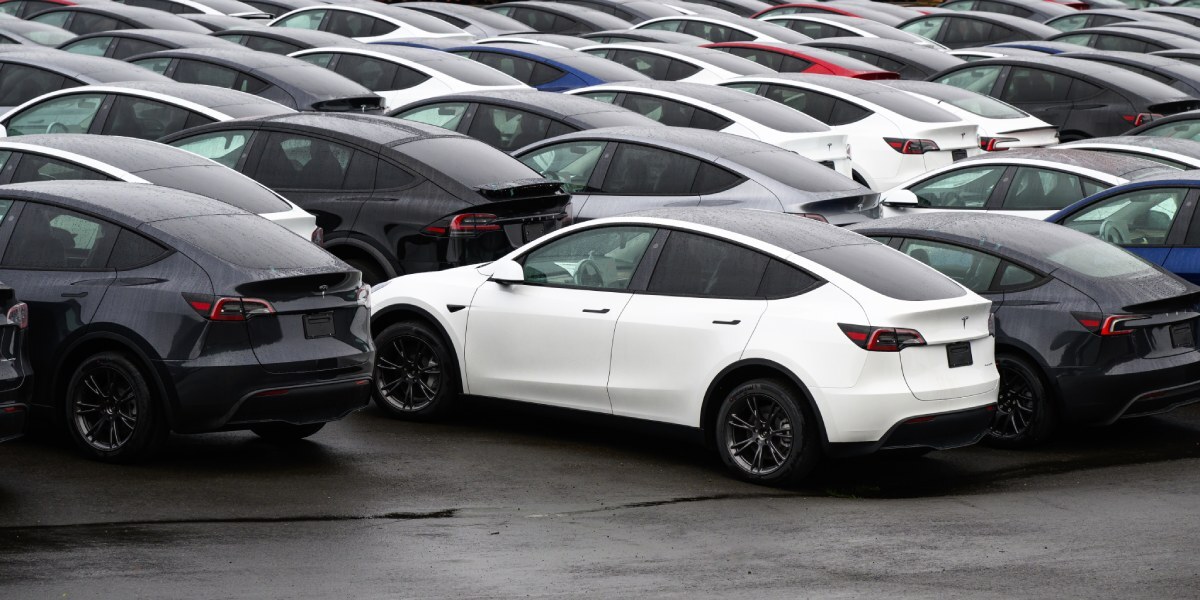
Tesla (TSLA) sales continue to tumble in Europe, one of the world’s most EV-friendly regions with strict mandates and environmentally conscious consumers.
In July, Tesla’s European sales plunged 40% to 8,837 units, according to the European Automobile Manufacturers Association (EAMA). As First Squawk noted, this marked Tesla’s seventh straight monthly decline on the continent.
Meanwhile, rival automakers are stepping in with fresher, cheaper models and rapidly eating away at Tesla’s market share. For example, BYD’s European sales surged 225% to 13,503 units over the same time, allowing BYD to overtake Tesla in new registrations for the month.
Importantly, the slump isn’t a sign of weakening EV demand. EAMA reported that battery-electric vehicle sales across Europe rose 39.1% in July, far outpacing the growth of gasoline-powered cars.
Year-to-date, Tesla’s share of the European EV market has slid to 1.2% with 113,019 sales, while BYD’s share has climbed to 1% with 84,416 sales.
Tesla’s European struggles aren't exactly breaking news. As InvestorsObserver reported, earlier this year, registrations were in a freefall in key markets like Portugal, Spain, Denmark, and the Netherlands.
Some of that decline may stem from backlash against Elon Musk, whose role in the Trump White House has alienated Tesla’s traditionally progressive customer base.
But the more practical explanation is that BYD is simply offering what consumers want at the right price point.
BYD vs. Tesla
BYD has attacked Tesla’s weakness head-on, rolling out affordable models like the Dolphin and Atto 3 aimed squarely at middle-class buyers. Tesla, by contrast, has long struggled to compete in this volume-driven market segment.
Analysts also point to “model fatigue.” Tesla’s European lineup remains largely confined to the Model 3 and Model Y, vehicles that have been on sale for years with only incremental updates.
Meanwhile, BYD offers a diverse range of products, from budget city cars to premium SUVs, giving it more flexibility across income levels and tastes.
The Chinese automaker has also leveraged its in-house Blade Battery technology, vertically integrating one of the most expensive components of an EV.
That edge allows BYD to scale production faster and keep costs lower than Tesla, reinforcing its pricing power.
Market Impact
Tesla’s investors are feeling the sting. TSLA shares are down 17% year-to-date, underperforming the broader market and other EV makers.
Analyst sentiment remains mixed. UBS has cautioned that Tesla’s valuation is stretched, arguing its stock price reflects misplaced optimism around the near-term rollout of a robotaxi program.
The bank cut its 2026 delivery forecast to 1.62 million — about 18% below consensus — and pegs Tesla’s fair value at $215 a share, roughly 35% below current levels.
With BYD ascendant and Tesla’s lineup stagnating, Europe may be the clearest sign yet that the EV crown is slipping.
Your email address will not be published. Required fields are markedmarked